Commercial solar installations are pivotal in transitioning towards a more renewable energy infrastructure. One of the innovative techniques that greatly optimize these installations is Horizontal Directional Drilling (HDD). This method not only accelerates the installation process but also minimizes environmental disruptions, proving its worth as a sustainable and cost-effective solution.
Overview of HDD Technology
Horizontal Directional Drilling, often referred to as HDD, is a trenchless construction method utilized for installing underground pipelines, cables, and conduits with minimal surface impact. Distinct from traditional trenching methods, HDD involves drilling a pilot bore from the surface along a predetermined path, followed by enlarging the hole to a size suitable for the installation of conduits, which then house electrical or fiberoptic cables (NJDEP).
Benefits of HDD in Commercial Solar Installations
Reduced Environmental Impact
One of the standout benefits of utilizing HDD in setting up commercial solar facilities is its low environmental footprint. Traditional trenching often leads to significant ecological disruption, but HDD’s subsurface operation ensures the preservation of the landscape and surrounding ecosystems. This technique is particularly beneficial in environmentally sensitive areas where preserving natural habitats is crucial.
Minimization of Surface Disruption
HDD minimizes surface disruption, which is a significant advantage, especially in urban or developed areas. This method eliminates the need for extensive digging, thus decreasing surface damage and reducing the necessity for subsequent restoration efforts.
Enhanced Efficiency and Speed
The efficiency of HDD is remarkable, offering quicker installation times compared to traditional methods. As detailed in Vermeer’s Pro Tips, HDD allows for the simultaneous laying of multiple conduits, significantly speeding up the process and enabling quicker project completions. This time efficiency translates into cost savings and earlier commencement of electricity generation from the solar panels.
Cost Efficiency in Solar Projects Using HDD
When pricing out the cost of Horizontal Directional Drilling, several factors come into play including the length and diameter of the bore, soil conditions, and the complexity of the project. Using tools like cost calculators can help in obtaining a detailed and accurate estimate. For a comprehensive look at the costs associated with HDD in 2024, you can visit this directional drilling cost calculator.
Lower Labor Costs
HDD operations generally require fewer crew members than traditional trenching does. The streamlined process reduces labor costs, contributing significantly to overall project savings.
Reduced Need for Extancive Site Restoration
Since HDD is less invasive, there is minimal environmental damage, which consequently lowers the need for extensive site restoration post-installation. This reduction in restoration work results in cost savings, highlighting HDD’s role in enhancing the financial viability of solar projects.
Long-term Savings on Maintenance
The underground cables and conduits installed using HDD are less susceptible to environmental damage and degradation. This increased protection results in lower maintenance costs over the lifespan of the solar energy system, ensuring long-term financial benefits.
Technical Aspects of HDD in Solar Installations
Underground Cabling and Conduit Installation
HDD is ideally suited for the installation of underground cabling essential for connecting solar panels to the power grid. The method ensures precise and secure laying of cables, essential for the optimal functioning of solar systems.
Handling of Challenging Soil Conditions
HDD is highly adaptable to various soil conditions, which makes it suitable for diverse geographic locations commonly selected for commercial solar projects. Even in areas with hard rock or other challenging soil types, HDD proves effective, as it can handle the intricacies of different underground conditions with precision and efficiency.
Scalability and Flexibility of HDD for Large-Scale Solar Projects
Whether it is a small local installation or a large-scale solar farm, HDD offers the scalability required to accommodate any project size. Its adaptability is crucial for rapidly expanding solar farms, allowing for easy installation of additional panels and infrastructure as required.
Environmental Considerations
Incorporating HDD into solar installations aligns with the global push towards sustainable and eco-friendly construction practices. Projects that utilize HDD contribute to an overall reduction in carbon footprint, a vital factor in promoting environmental sustainability in energy projects.
Conclusion
The integration of Horizontal Directional Drilling in commercial solar system installations presents a plethora of advantages ranging from environmental protection to cost reduction and operational efficiency. As the demand for renewable energy solutions like solar power intensifies, leveraging advanced installation techniques like HDD will be vital in addressing both ecological concerns and economic goals effectively, ensuring a sustainable energy future.
For more insights on renewable energy techniques and innovative installation methods, explore our detailed coverage on these evolving technologies.

